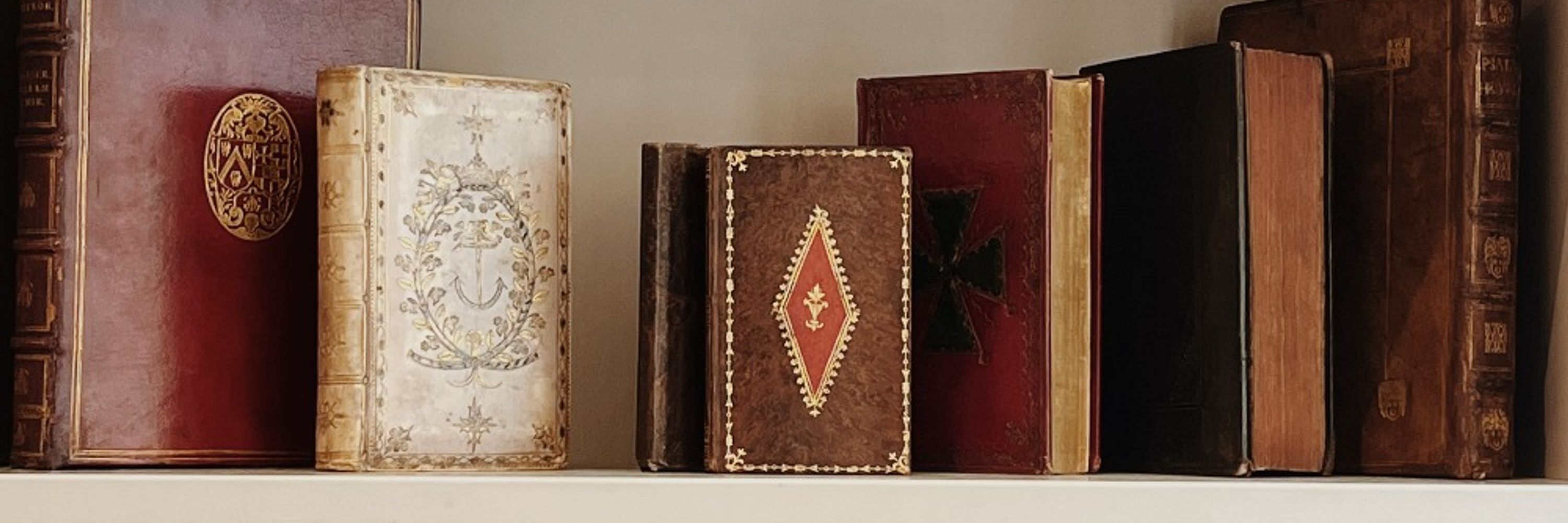Bernard Quaritch Ltd
@quaritch1847.bsky.social
530 followers
160 following
180 posts
Rare books and manuscripts since 1847. Visitors welcome 10-6 daily; catalogues issued regularly (https://bit.ly/Q-stayintouch).
www.quaritch.com ❧ [email protected] ❧ +44 (0)20 7297 4888 ❧
36 Bedford Row, London WC1R 4JH
Posts
Media
Videos
Starter Packs
Reposted by Bernard Quaritch Ltd
Reposted by Bernard Quaritch Ltd
Dr Liam Sims
@liamsims.bsky.social
· Aug 12
Reposted by Bernard Quaritch Ltd
Dr Liam Sims
@liamsims.bsky.social
· Aug 12
Reposted by Bernard Quaritch Ltd
Skeabrae
@skeabrae.bsky.social
· Aug 9

























